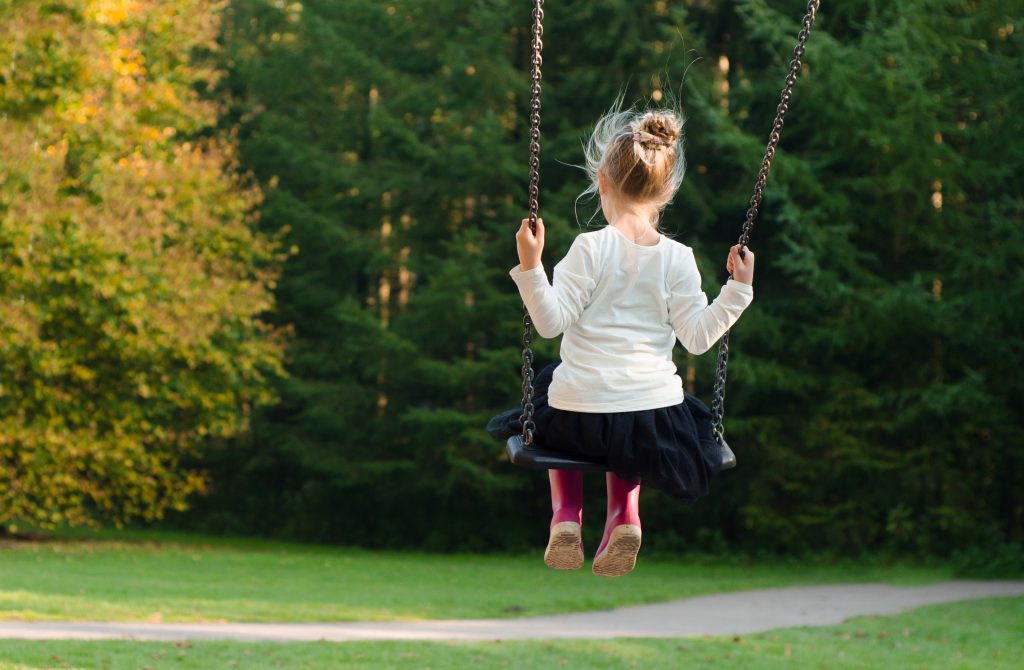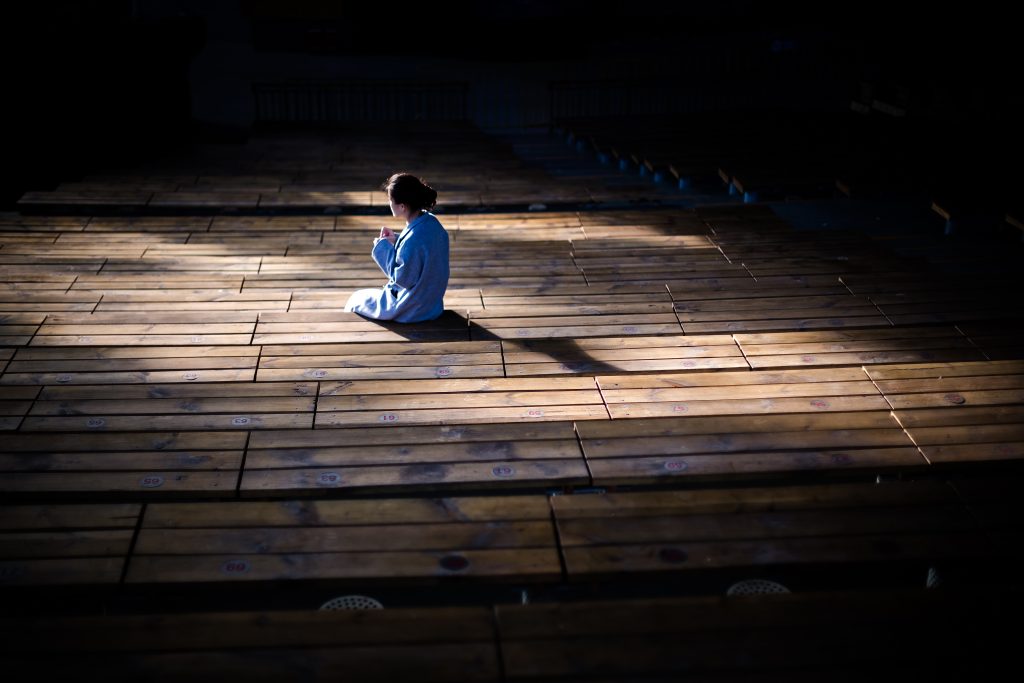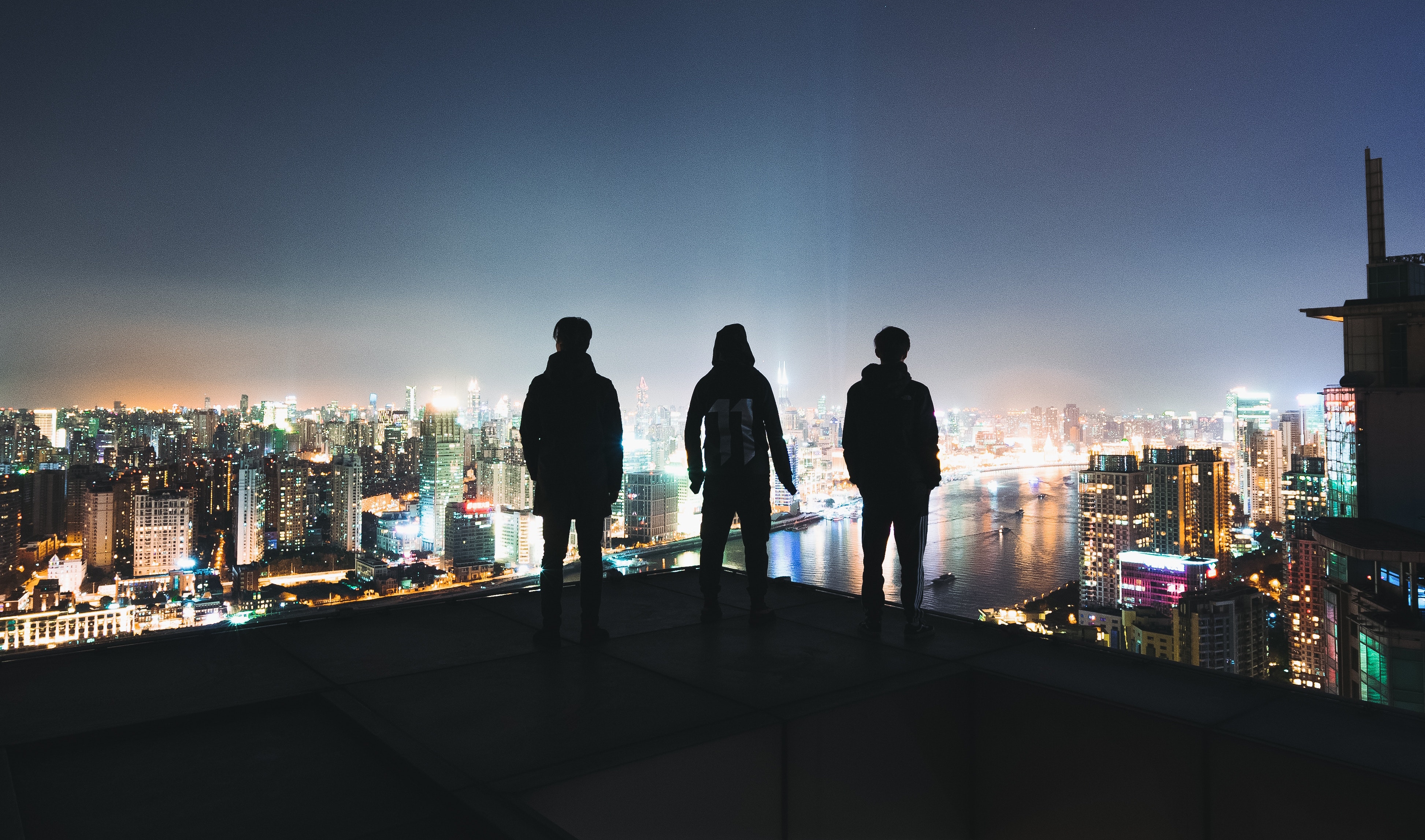Imagine having to leave your home because you fear for your safety. Now imagine you are only a child.
For many children fleeing violence and conflict to seek refuge in another country, this is their reality. In the UK alone thousands of unaccompanied children apply for asylum each year. But what rights do they have?
Afghan teenager Ahsanullah Ahsas fled his home after the Taliban shot his father in front of him. Speaking to the Guardian in 2016, he told of his terrifying journey to England, smuggled under car seats and in the back of a lorry. Tragically, his story is far from unique. In the first three quarters of 2017 alone, 1,589 unaccompanied children applied for asylum in the UK. In 2016, the figure was 3,290 for the whole year.
These children make difficult journeys in the hope of finding a safer home. They may have been exposed to traumatic events in their home country or on the journey to a new country and may be suffering post-traumatic stress disorder (PTSD), depression and anxiety.
But what happens to these children who arrive in the UK alone and what are their rights?
Hang On! What’s the Difference Between an Asylum Seeker and a Refugee?
 Image Credit: Iassara Wilenskomer / Unsplash
Image Credit: Iassara Wilenskomer / Unsplash
An asylum seeker is someone who flees their country of origin and seeks protection in another country by applying for asylum.
An asylum seeker may be later recognised as a “refugee” and given refugee status if they meet the definition of refugee set out the 1951 United Nations Refugee Convention. Under the Refugee Convention, a refugee is someone who has fled their own country and cannot return due to a well-founded fear of persecution.
The protections in the Refugee Convention apply equally to children and adults. It is well recognised that children are particularly vulnerable to violence during conflict and humanitarian crises.
Do Children Have Any Extra Rights?
 Image Credit: Skitterphoto / Pexels
Image Credit: Skitterphoto / Pexels
Yes! The Convention on the Rights of the Child recognises that children can be vulnerable in ways adults are not and so specifically looks after their rights. It covers nearly every aspect of a child’s life, including the right to freedom from violence, abuse and neglect, good health, privacy, adequate living standards, education, freedom from economic and sexual exploitation.
Importantly, Article 3 provides that all actions concerning the child must take full account of his or her best interests: this is particularly important during the asylum process, and the UK government has recently faced criticism for removing specific reference to Article 3 from its guidelines on child asylum seekers.
Additionally, like adults, children also benefit from the rights in the Human Rights Convention.
So, What Happens When a Child Arrives Alone in the UK Seeking Asylum?
 Image Credit: Thorn Yang / Pixabay
Image Credit: Thorn Yang / Pixabay
Unaccompanied children arriving in the UK seeking asylum are entitled to be treated differently from adults in the same position. They should have a welfare interview to enable them to be referred to a local authority’s children’s services. If there’s any doubt about whether a child is under 18, he or she should be treated as such until there’s evidence to the contrary.
In order to stay in the UK, a child must make a formal application for asylum and, if over 12, undergo an interview with the Home Office. Although children (unlike adults) are entitled to legal representation in these interviews, it can be a gruelling process, with children forced to recall past trauma. Research shows that recalling and talking about such events requires trust, a stable and safe environment, cultural sensitivity and appropriate questioning.
A Flawed System?
 Image Credit: Pexels
Image Credit: Pexels
The safe and supportive environment children need isn’t always provided. There are serious shortages in the availability of legal advice, and typically children only meet with their lawyer briefly before the assessment interview, not allowing enough time for a lawyer to establish rapport with the child or gain an understanding of any mental health needs the child may have. It is also not time enough for a child to begin to explain what they have experienced to a stranger.
PTSD may affect a child’s ability to recall difficult memories, and make it difficult for them to provide evidence with the detail and clarity expected of them by the interviewer. Children may need time to further process the memory before being able to disclose their experiences.
The problem is that the outcome of an asylum application often depends (in the absence of objective evidence) solely on whether or not the Home Office caseworker in question believes the child’s account. Poor interviewing techniques by the caseworker, or incorrect assumptions that don’t take into account the effect of trauma on a child’s memory, can lead to unfair decisions being made and mean the best interests of the child are not protected.
What Next for These Children?
If a child is refused refugee status, then they may stay for a period of 30 months only or until they turn 17 and a half, whichever is sooner, before being deported back to the country they came from. In previous years, this practice has seen young people deported back to war zones.






